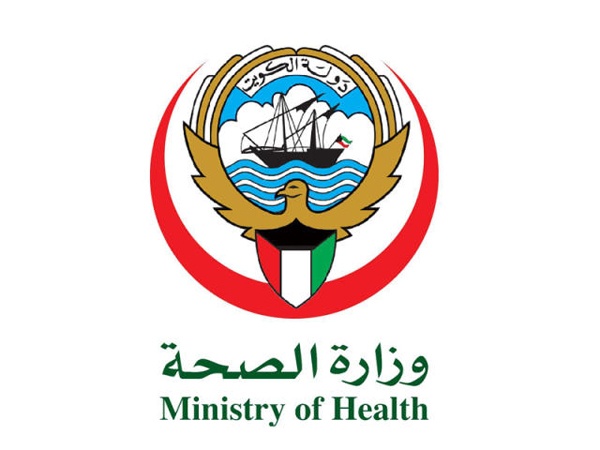KUWAIT: Health and security establishments are diligently working to unite their efforts and form a defense line in the face of substance abuse, a danger threatening the very fabric of society. Chief of the General Directorate for Drug Control at the Ministry of Interior, Brigadier Mohammad Qabazard told Kuwait News Agency (KUNA) about the measures taken to curb spread of drug abuse and exploitation of the young.
He indicated that several of these drugs are originally used for medical purposes, like Lyrica and Neurontin but when misused lead to substance addiction. These drugs could be brought in from abroad in powder form and manufactured locally, or taken from pharmacies illegally using wrong prescriptions, the ministry official explained.
Brigadier Qabazard added that a study was conducted more than a year ago and was taken up to ministry's top management, which took necessary measures in coordinating with other concerned bodies, to locate and address loopholes in that law do not incriminate certain substances, making them easy to trade.
Health ministry decision issued back in May 2021, Qabazard stated, stipulates that concerned security bodies take immediate action against those who are in possession of drugs without medical prescription, referring them to prosecution where penalty could reach up to five years in prison, and penalty of drug trafficking could reach up to 10 years. A pain-relief drug named Phenacetin was previously used but has since been banned as it could lead to death, was recently discovered being marketed between drug dealers as Lyrica, warned Qabazard.
He urged those working in pharmacies to seek accuracy as a new herbal addictive substance named Kratom has been discovered as being sold in the form of tealeaves. He further added that First Deputy Prime Minister and Interior Minister Sheikh Talal Khaled Al-Sabah's directives for crackdown on traffickers and dealers of Meth and chemical (industrial cannabis) with a penalty that could reach life imprisonment or execution.
On her part, Ministry of Health official at the Drug Inspection Administration, Dr Maryam Al-Yaseen, told KUNA that checking and examining the safety of drugs is integral to health security. More than 1,000 facilities are periodically inspected by the administration, including 650 private pharmacies, 74 nutritional supplement shops, 21 private hospitals, 205 drugstores, and 67 vets, stated Dr Al-Yaseen specifying that around 15 to 20 are inspected daily.
Some drugs, Al-Yaseen mentioned are prescribed for epilepsy and patients dealing with chronic pain are illegally prescribed to be abused far from any medical concern. Dr Al-Yaseen indicated that recurring patients carrying prescriptions for the same drugs are a clear indicator of addiction, in this case, necessary measures will be taken against the concerned doctors and pharmacists, because dealing out such dangerous drugs should not be done so easily. - KUNA











